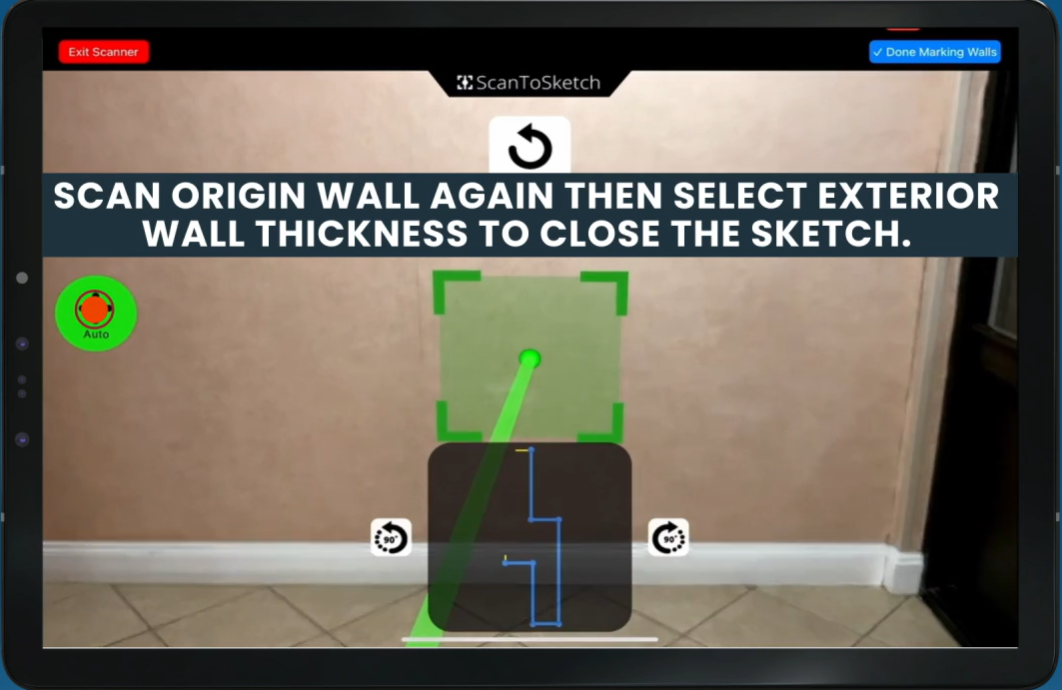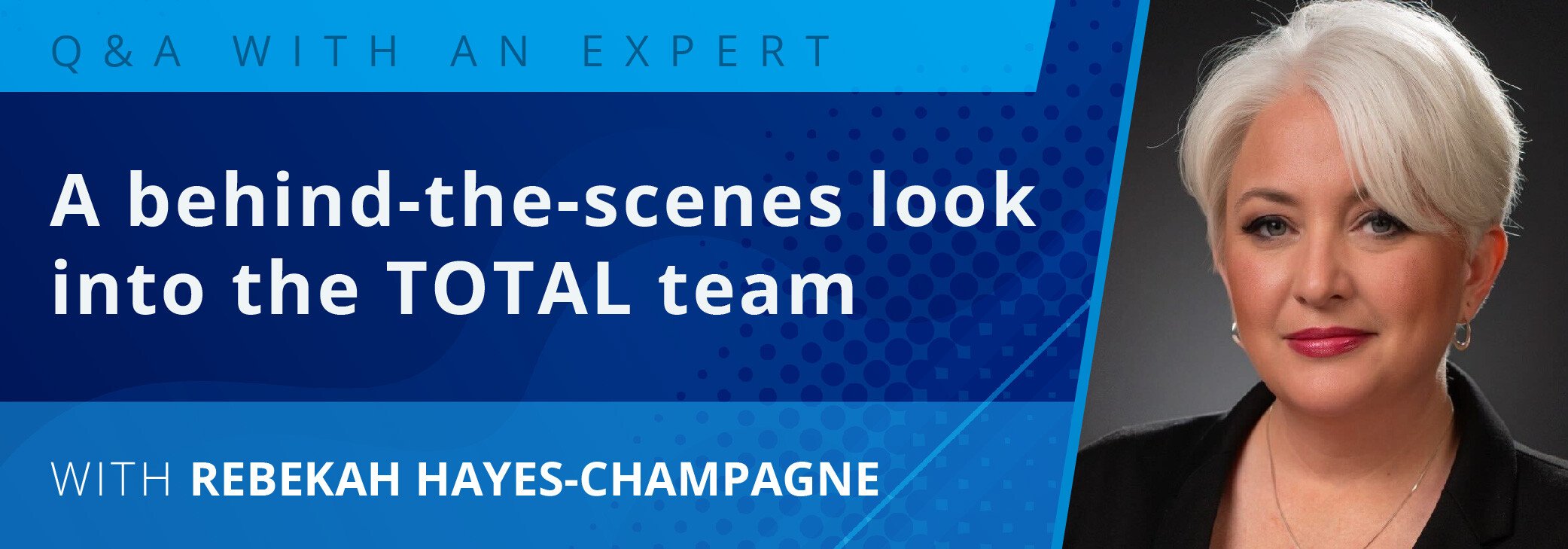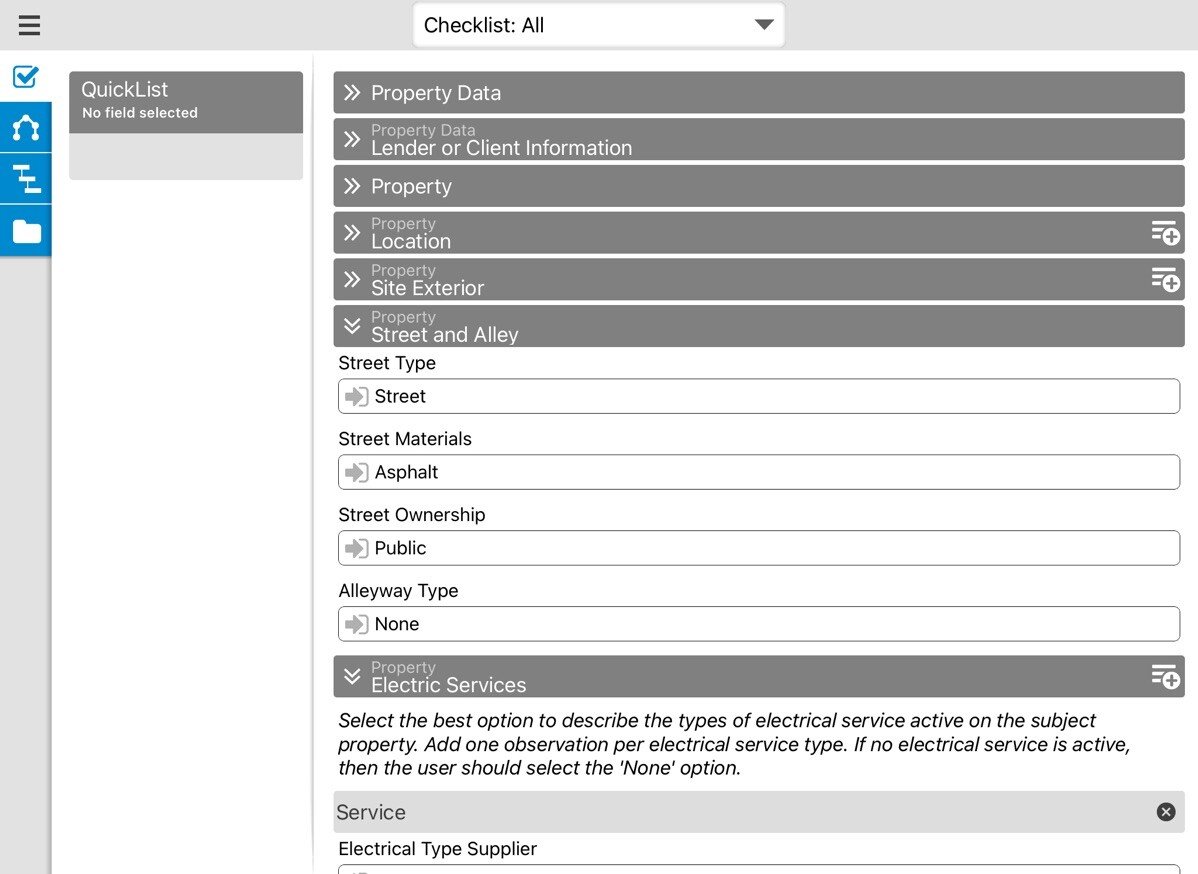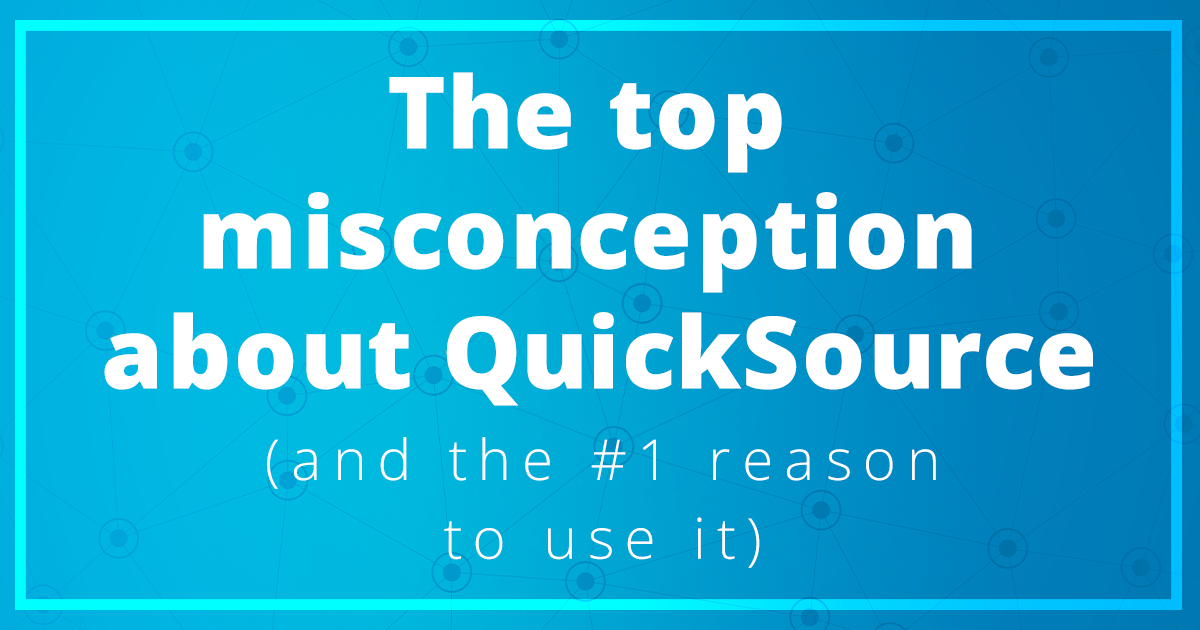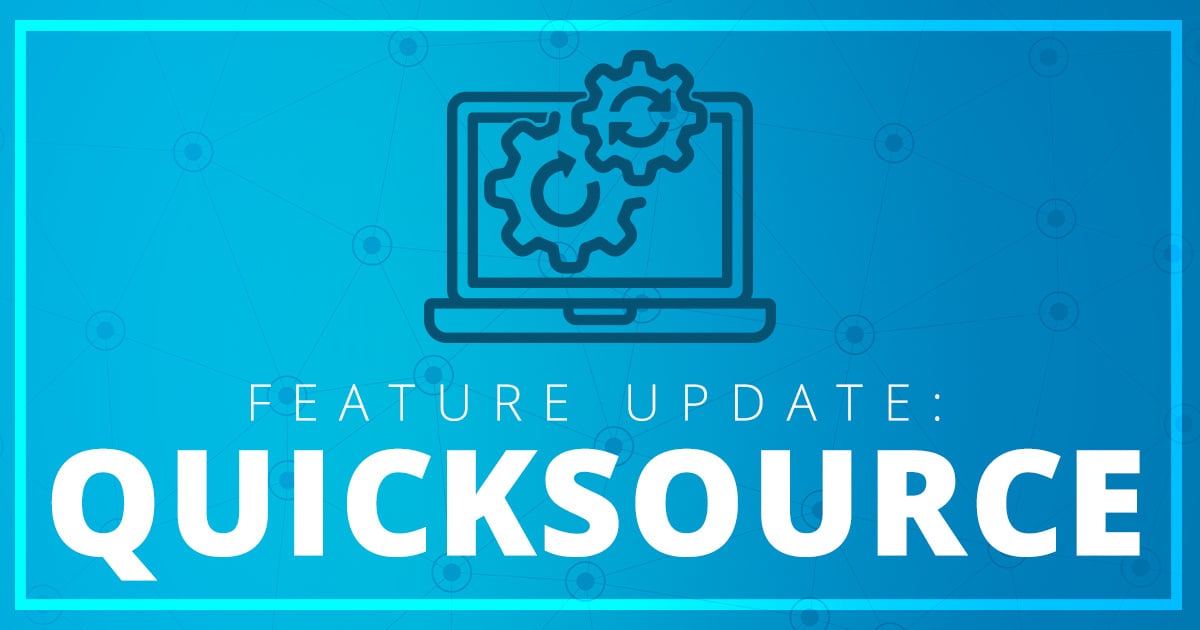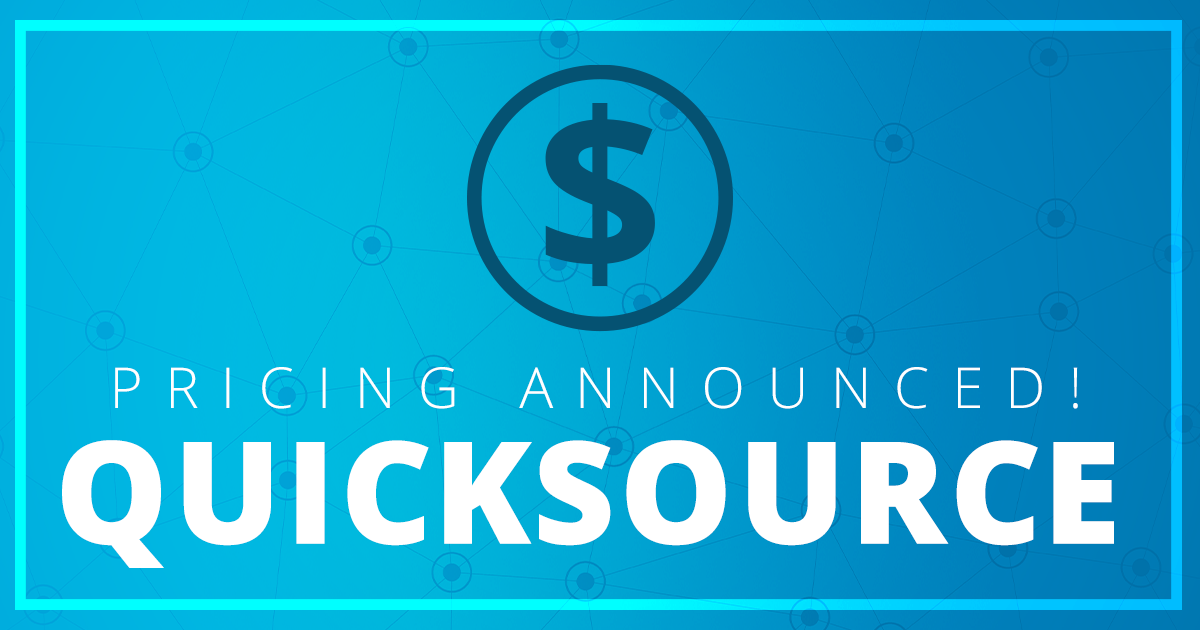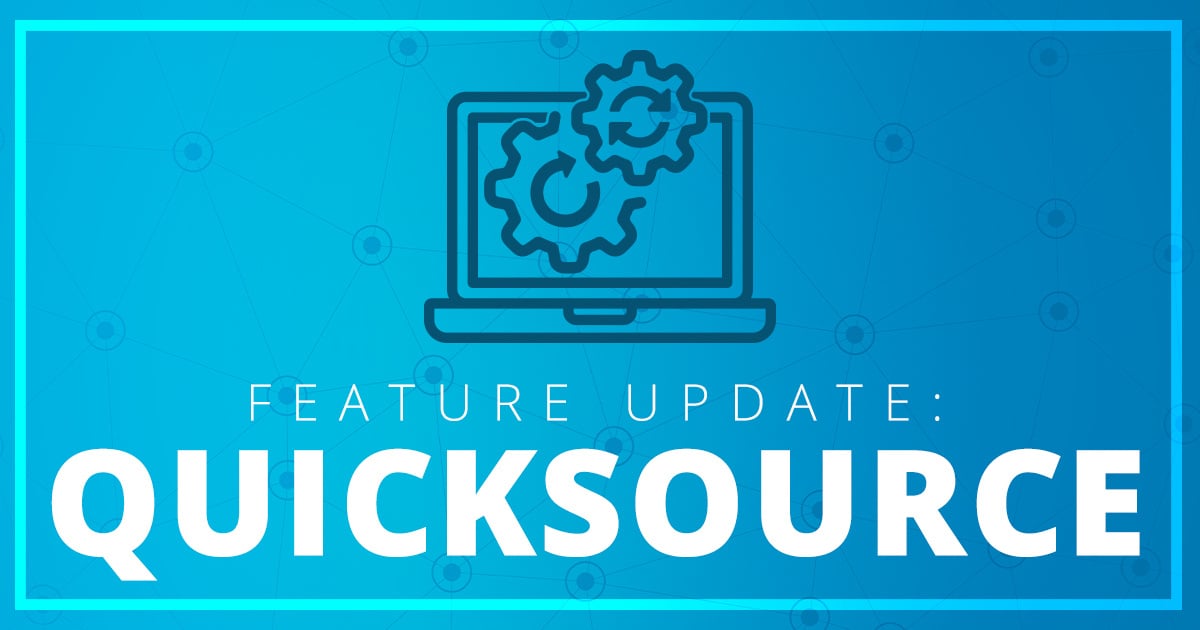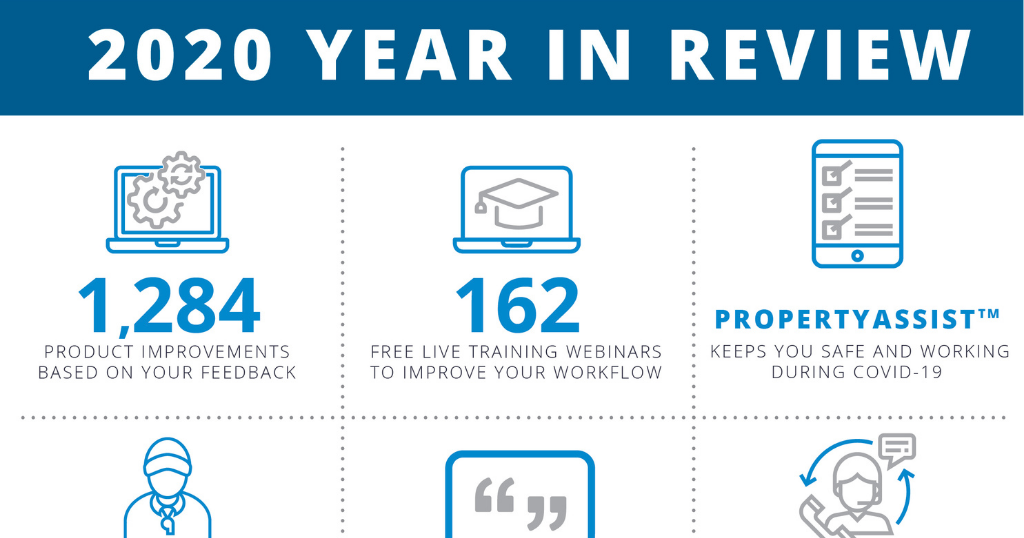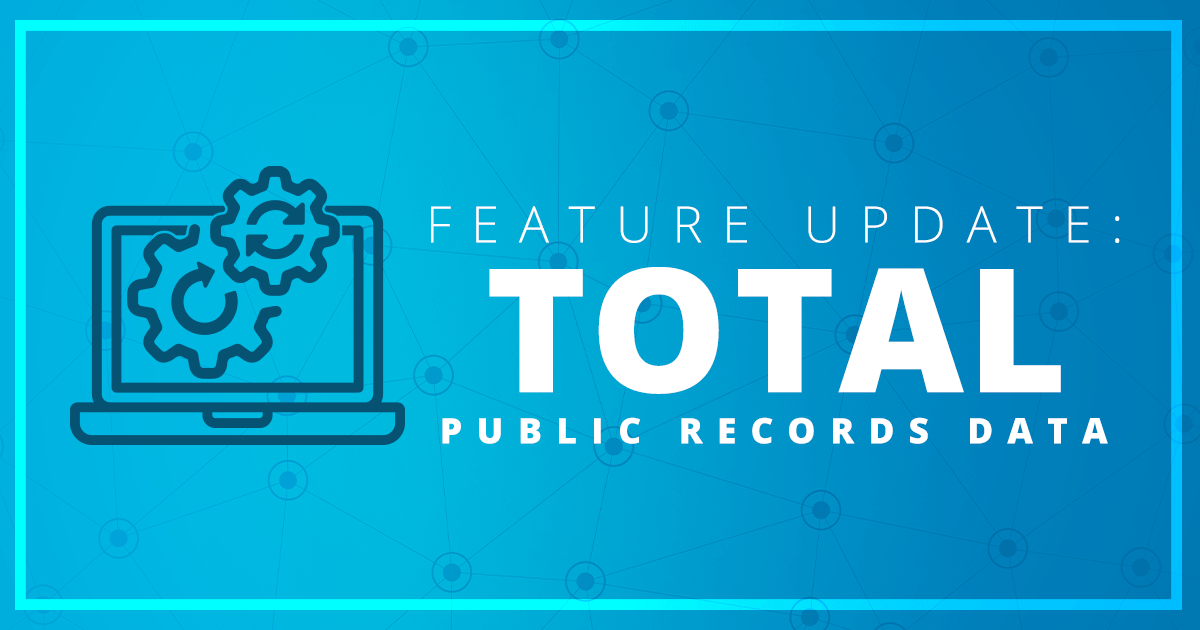In our post last week (read it here), we covered why you need to be on social media. This week, we'll briefly go over some of the top networks out there and what kind of things you should post.

If you’re totally new to social media, these are the three best social media platforms to start with: Facebook, Twitter, and LinkedIn.
Why Facebook?
According to Pew Research Center, Facebook remains the most popular social media platform, with 71% of the online American population, including 58% of the entire adult population. There's also a variety of audiences on Facebook, from young adults to seniors. Plus, Facebook has been around for 11 years so it’s well established. If you don’t use any other social media, you should at least have a presence on Facebook.
You can sign up here, and Facebook will walk you through the process of setting up a personal page or a business page. Feel free to get one of each — a personal page for reconnecting with old friends or faraway family, and a business page to refer your clients and find new ones. You can manage your business page from within your personal page.
Why Twitter?
Twitter has a smaller number of active users than Facebook, but is still used by 23% of adult Internet users every day. Since you're limited to 140 characters, every word in your message counts. Tweeting could be difficult if you tend to be more verbose, but might be ideal if you prefer to get your point across quickly.
Twitter is also pretty easy to connect to a blog, your website, or other social media if you have them, so updates will automatically be tweeted as you add content. Twitter is also a good platform for quickly sharing (or "retweeting") real estate news and tips from other sources, like Working RE, Market Watch, Inman, etc.
Unlike Facebook, if you want to have a personal and a professional page, you'll have to create separate accounts. I'd recommend just creating a business Twitter account and connecting it to your Facebook business page. Get started here.
Why LinkedIn?
LinkedIn is known as a professional social network, with college grads looking for new jobs making up a whopping 50% of the user base. Job seeking is a core function of the site, but there's also a large audience of professionals on LinkedIn looking to network and make connections in their own industry and others. So this would be a good place to not only connect with professional, non-lender clients like attorneys and CPAs, but also to connect to other appraisers and real estate professionals in your area.
Click here to visit the site and get started. Upload your resume, experience, and accomplishments, then join local real estate groups. The connections you make could lead to referrals or good tips for running your business.
As you can see, you have a lot of social media options, so don't feel like you need to be on all of them. Pick a few and use the ones you like the most and seem to work best for your business because you’ll be more likely to keep it up.
So now that you've got an account, just what the heck are you supposed to do with it?
In the last blog, I wrote:
“…Being active on social media will help your business appear in Internet search results more often, so potential clients will perceive you as an (if not THE) active and accessible appraiser.”
"Being active" breaks down to making good posts and interacting with potential and past clients. A lot has been written about how professionals should use social media, so a variety of marketing plans and opinions are just a Google search away for you. One common piece of advice is to make regular, well-informed posts, no matter what platform you're on.
When it comes to what to write posts about, content is key. You should think about what will not only benefit your customers, but what would interest them. Check out this post from Inman.com — it's mainly geared toward real estate agents, but still makes a very good point. Even though the real estate industry has the highest post frequency on social media, it also has the least engagement from readers.
One reason for this could be the content of the posts. If you're only posting about your rates or the services you offer, people are going to eventually tune you out. Your posts should be interesting and relatable as well as informational. For example, consider writing about ways homeowners can increase their home value (or ways to avoid decreasing it), industry news, or which local neighborhoods are getting more popular or valuable and why. Posting about local events will also show that you're connected and knowledgeable about your area.
And finally…
Relax! This might look intimidating at first, but take a deep breath before deciding it's too much work for you. Social media marketing can seem like a burden, especially when you feel like you're too busy to keep up. But it can also be fun and really rewarding. Plus, it's mostly free advertising for your business since you don't have to pay to sign up or use any of these platforms.
Try to make working with your page a daily habit. The best way to keep up while you’re busy is setting a schedule and a time range for your social posts. For example, if every morning you spend a little time catching up on e-mails and checking the daily news, add in a few minutes to make a quick post (maybe related to one of the news stories you read or a favorable review a former client e-mailed to you). Schedule social media appointments in your work calendar to make sure you dedicate the time. Even just 20-30 minutes a day can make a difference. You may even start to like it and get more involved in online communities (there's plenty of appraiser groups on Facebook!).



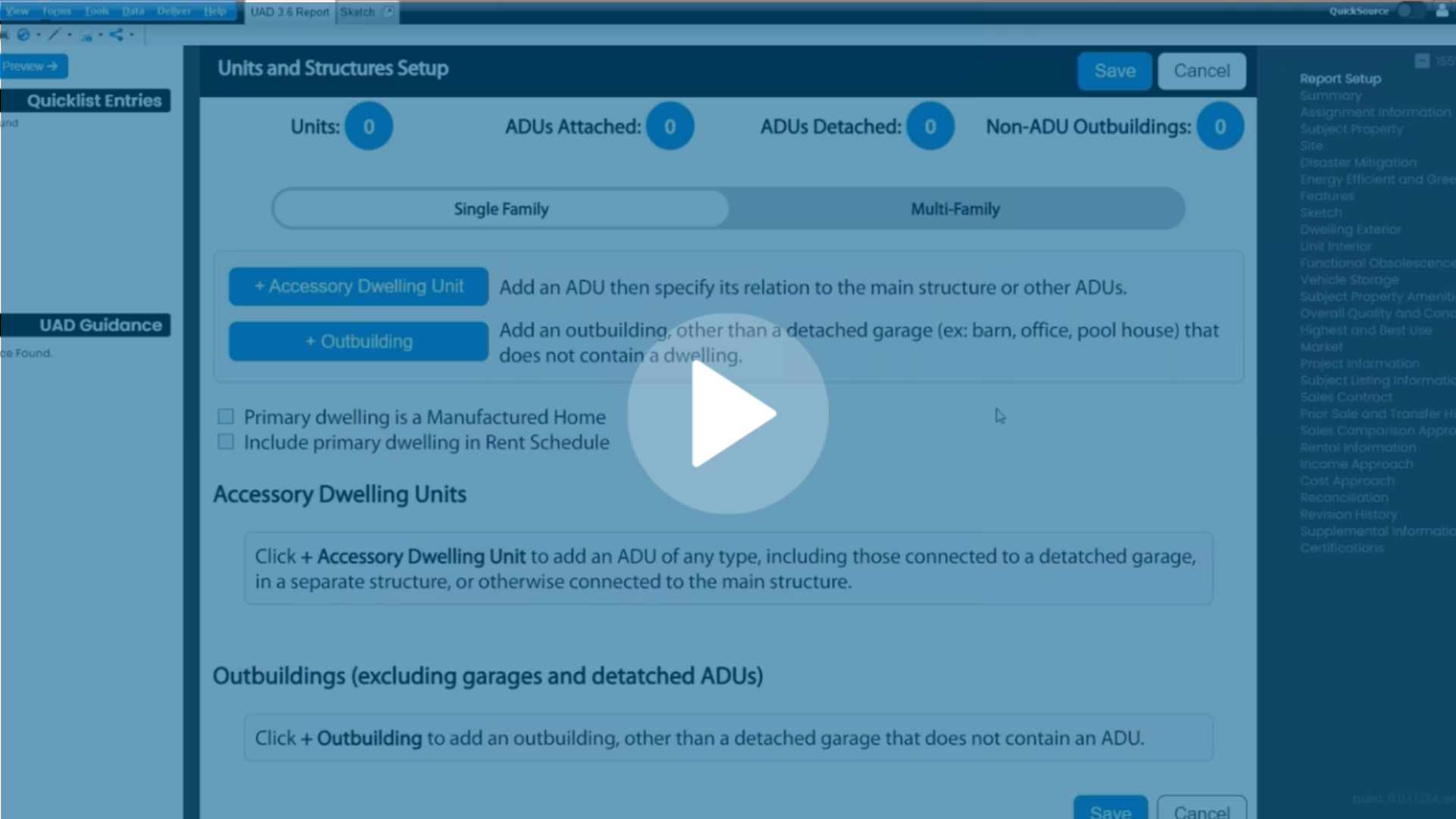
.png)
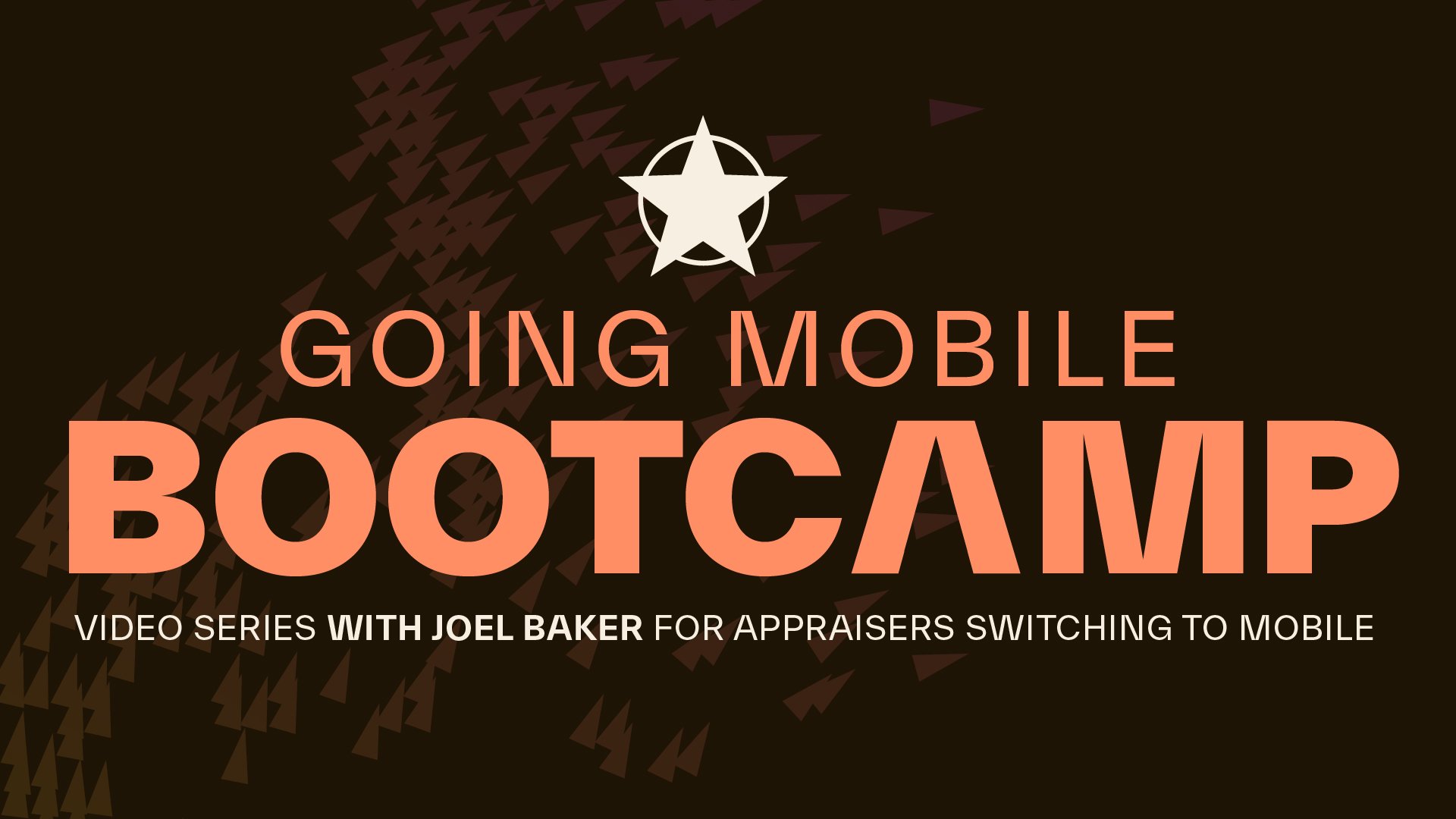
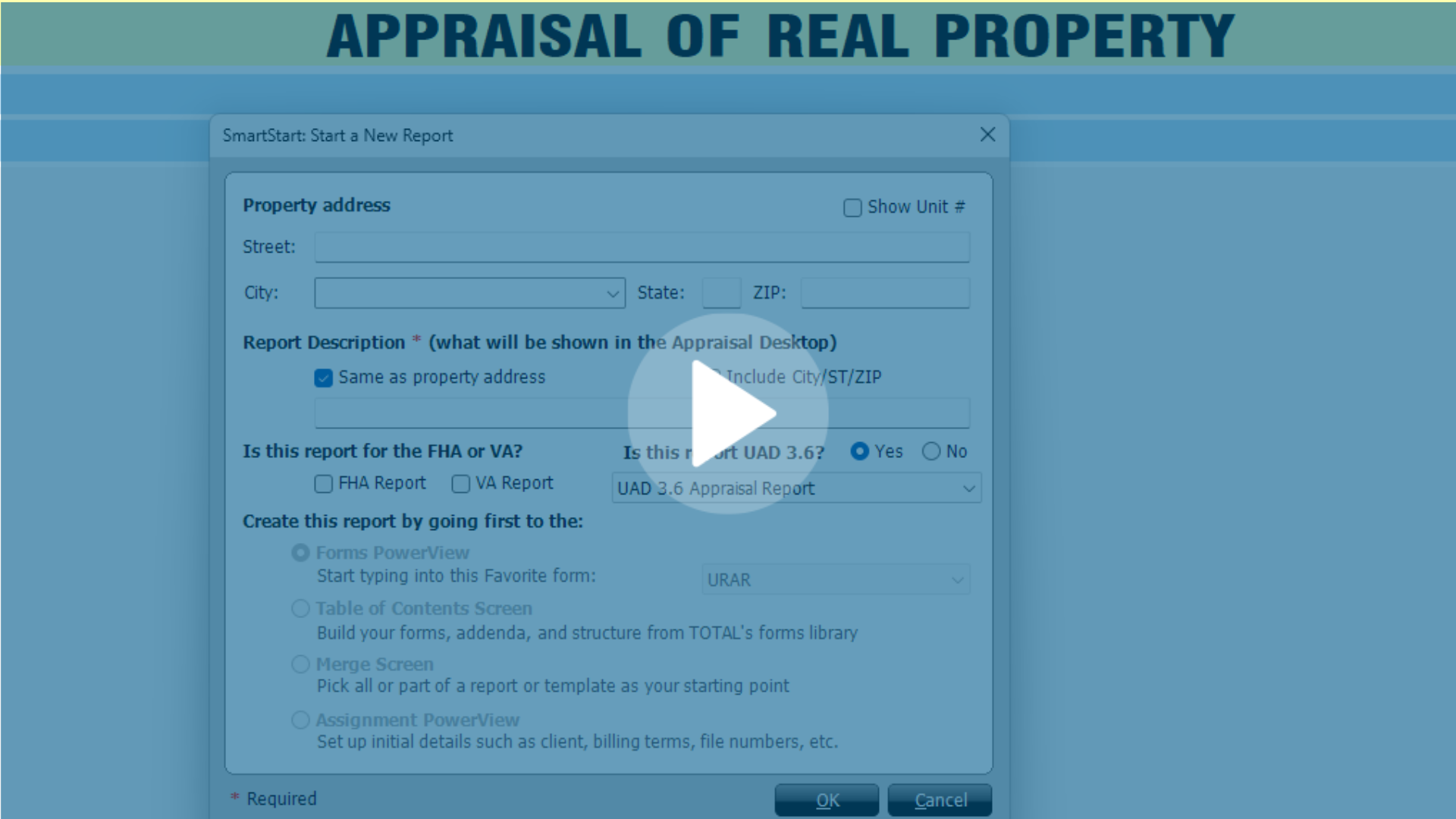


.png)
-1.png)
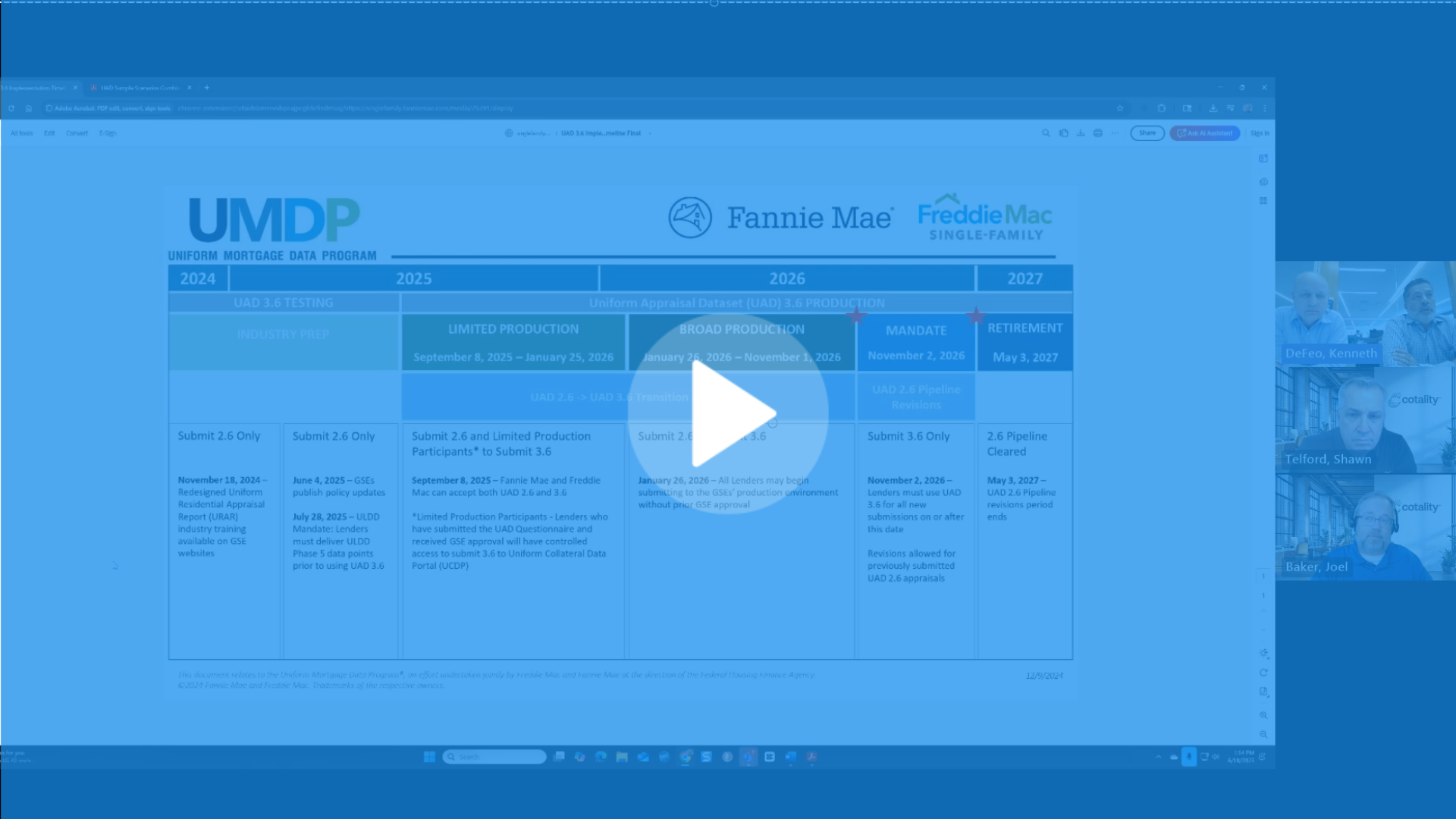
.png)
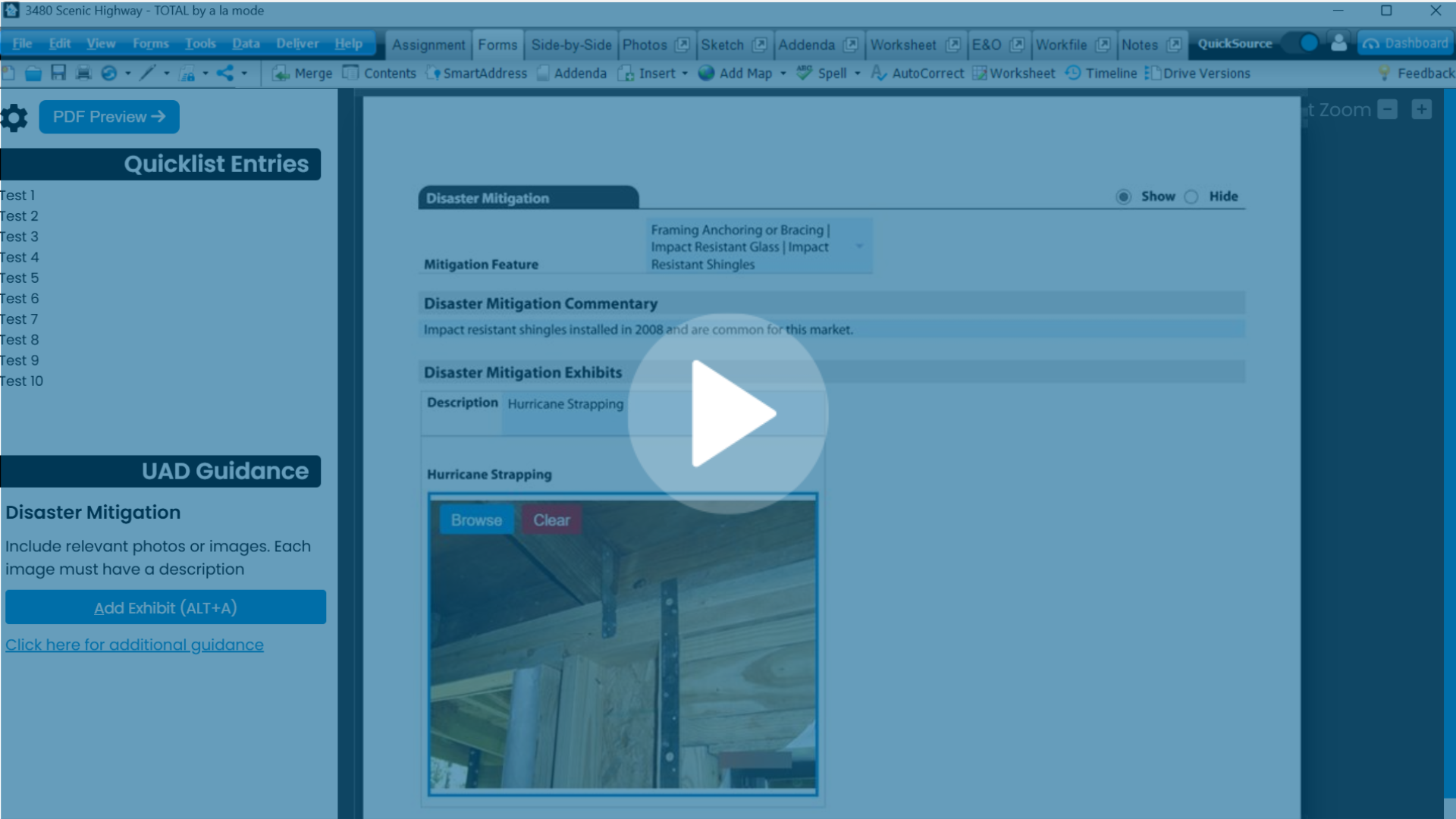
.png)
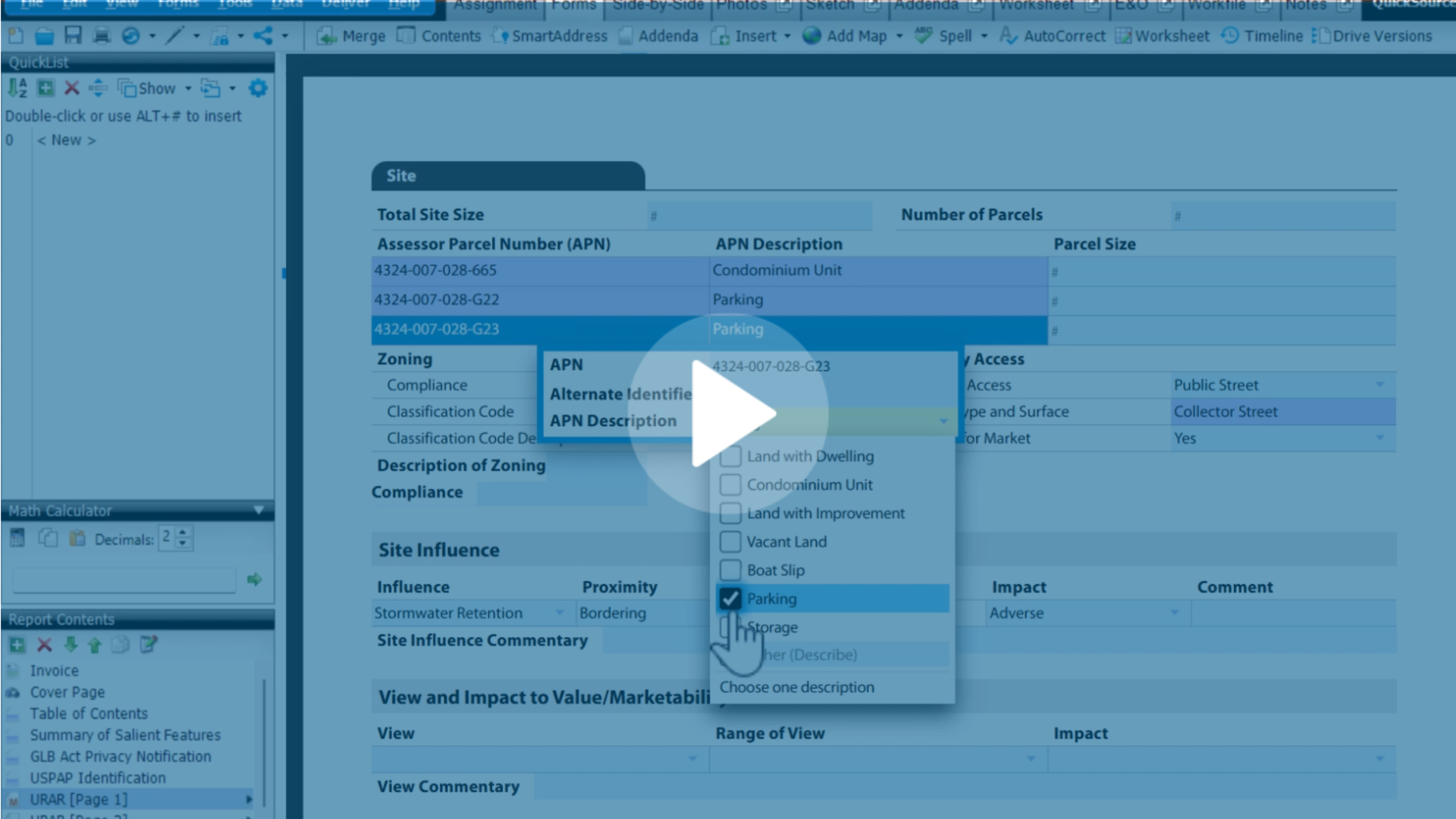
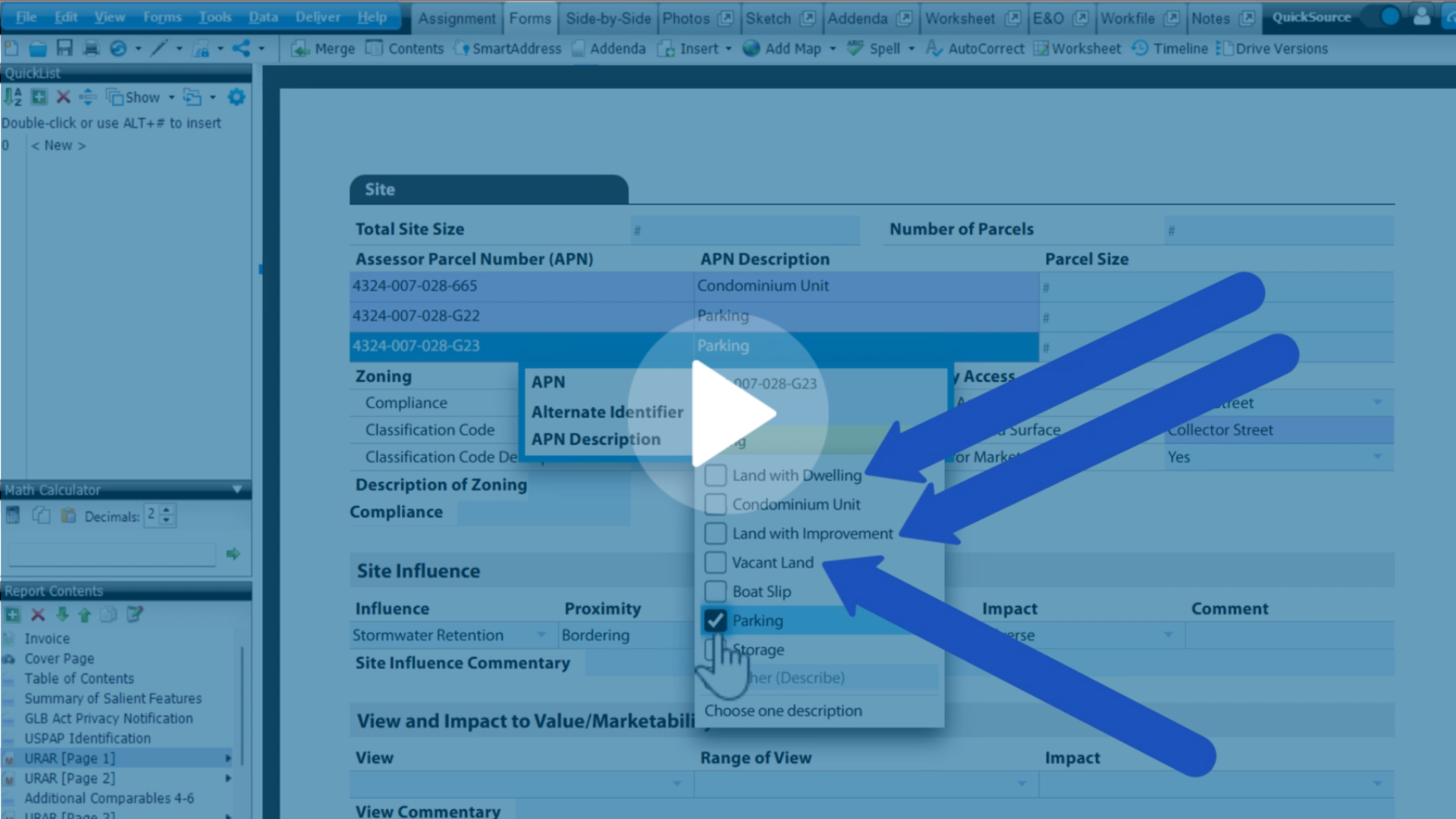
.png)
.png)
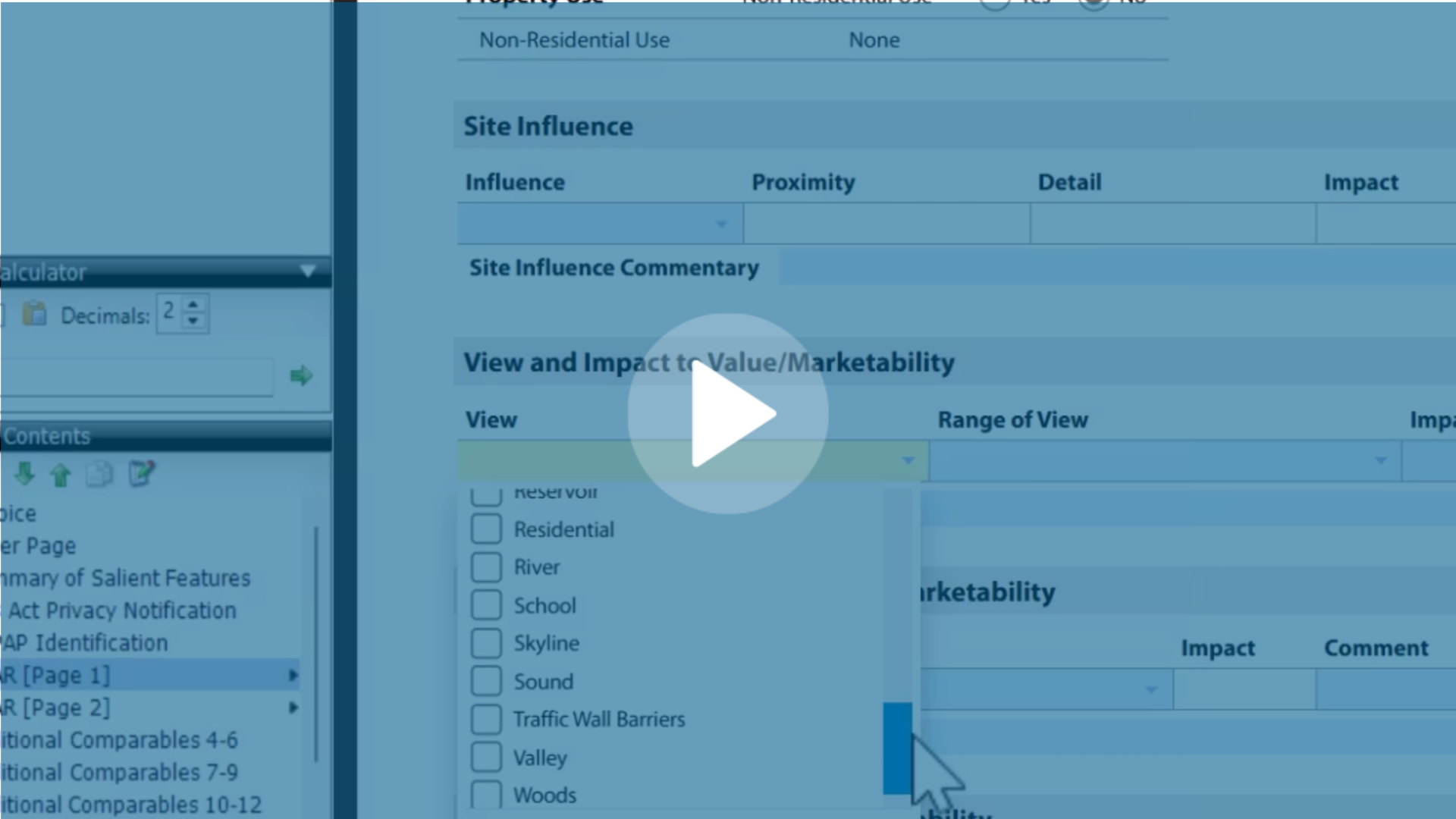
.jpg)
.png)
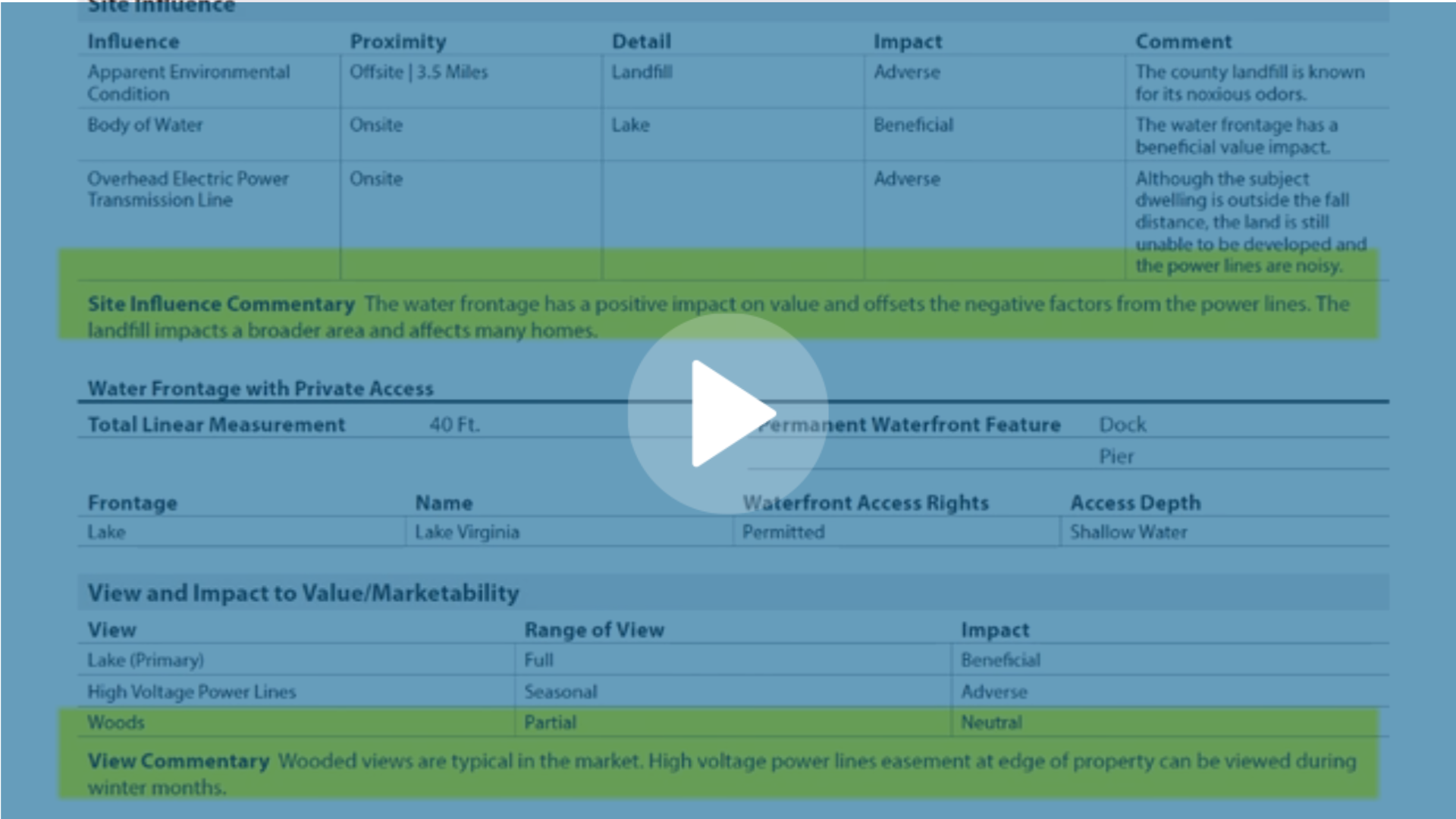
-1.png)



